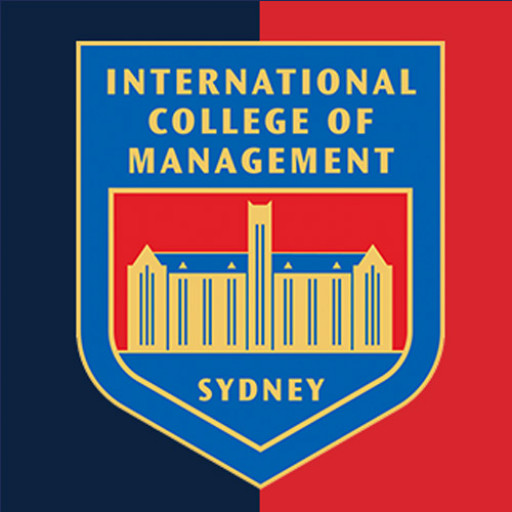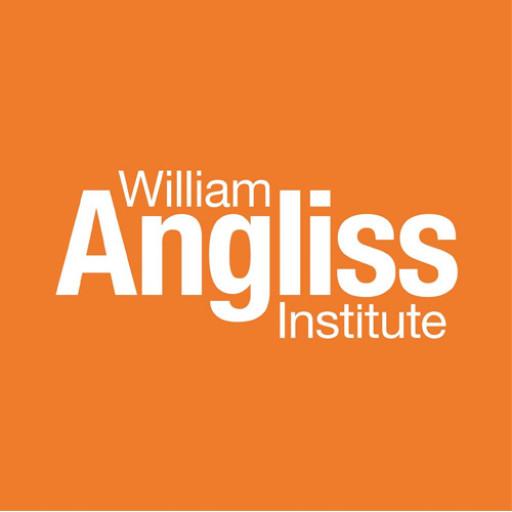Photos of university / #ujiuniversitat
The Bachelor's Degree in Tourism at Jaume I University offers a comprehensive and specialized education pathway designed to prepare students for a dynamic and rapidly evolving industry. This program combines theoretical knowledge with practical skills, ensuring graduates are well-equipped to meet the demands of the tourism sector both locally and internationally. Throughout the course, students explore a wide range of subjects including tourism planning and development, sustainable tourism practices, hospitality management, customer service, marketing, digital technologies, and cultural heritage management. The curriculum emphasizes the importance of sustainability and responsible tourism, fostering an understanding of how to promote economic growth while preserving the environment and respecting cultural diversity. Students also have the opportunity to gain practical experience through internships, projects, and collaborations with tourism organizations and companies. The programme benefits from the university's extensive connections within the tourism industry, providing students with networking opportunities and real-world insights. Graduates of this program will be prepared for careers in various sectors such as tourism agencies, hotel management, event planning, destination management organizations, and tourism consultancy. The program aims to develop not only professional competencies but also intercultural awareness, communication skills, and a global outlook. With a flexible structure that adapts to the changing landscape of tourism, the Bachelor's Degree in Tourism at Jaume I University equips students with the tools necessary for innovative and responsible leadership in the tourism industry.
Tourism at Jaume I University offers a comprehensive and dynamic program designed to prepare students for the diverse and evolving global tourism industry. The curriculum combines theoretical foundations with practical applications, equipping graduates with the skills necessary to succeed in various sectors such as hospitality, travel agencies, event management, and sustainable tourism development. Throughout the program, students will explore the history and evolution of tourism, understanding its economic, cultural, and environmental impacts. They will gain insights into tourism planning, marketing strategies, and the use of digital technologies in promoting destinations and services. The program emphasizes sustainable practices and responsible tourism, preparing students to contribute positively to local communities and global environments.
Students will have opportunities for internships and real-world projects, allowing them to apply their knowledge in practical contexts. They will develop essential skills in communication, leadership, problem-solving, and intercultural competence, which are critical in the international tourism sector. The coursework also includes modules on tourism policy, legislation, and ethics, providing a well-rounded understanding of the industry’s regulatory frameworks. Additionally, the program fosters research skills and critical thinking, encouraging students to analyze current trends and propose innovative solutions for tourism challenges.
Our graduates will be equipped to pursue careers in various fields including tourism management, event planning, hospitality, tourism consultancy, and destination marketing. The program also offers pathways for further academic pursuits, such as master's and doctoral studies. With a focus on sustainable development and cultural sensitivity, the Tourism program at Jaume I University aims to shape professionals capable of making meaningful contributions to the tourism industry worldwide.
The Bachelor's Degree in Tourism at Jaume I University requires applicants to have completed secondary education or an equivalent qualification recognized by Spanish authorities. Prospective students must submit an online application through the university’s admission portal, accompanied by certified transcripts demonstrating their previous academic achievements. Language proficiency in Spanish and Valencian is recommended, with some courses potentially requiring proof of language competence. The program emphasizes a comprehensive understanding of tourism industry fundamentals, including marketing, management, environmental sustainability, and cultural heritage. Students are expected to complete a set of core courses in tourism principles, economic aspects, and planning, alongside specialized subject areas such as hospitality management, event organization, and digital marketing. Practical training through internships in local tourism enterprises constitutes a vital component of the curriculum, providing students with real-world experience and professional networking opportunities. Entry requirements may also include an interview or assessment to evaluate motivation and suitability for the program. Throughout their studies, students are encouraged to participate in extracurricular activities, workshops, and seminars that enhance their professional skills and industry knowledge. The program promotes multilingual competencies, critical thinking, and innovative problem-solving to prepare graduates for diverse roles within the tourism sector. Upon successful completion, graduates receive a Bachelor's Degree in Tourism, qualifying them for employment in areas such as tourism management, hotel administration, travel consultancy, event planning, and sustainable tourism development. Admission criteria may be updated periodically in accordance with university policies and national regulations, so applicants are advised to consult the official Jaume I University admissions webpage for the most current information.
The financing of the Bachelor’s Degree in Tourism at Jaume I University is designed to be accessible and flexible to accommodate students from diverse backgrounds. Tuition fees are set annually by the university and vary depending on the student’s residency status and enrollment status. For domestic students, the fees are generally aligned with regional guidelines, ensuring affordability and transparency. International students may be subject to different fee structures, often higher, but the precise amounts are available through the university’s admissions office.
In addition to the basic tuition fees, students are responsible for additional costs such as registration fees, which cover administrative expenses associated with enrollment, and specific program-related expenses, including materials and excursions integral to tourism studies. The university offers various payment options, including annual, semester-based, or installment plans, to ease financial planning for students and their families.
Financial aid opportunities are available to support students throughout their studies. These include merit-based scholarships awarded based on academic performance, which are offered by Jaume I University and sometimes in collaboration with external organizations interested in fostering tourism and hospitality industries. There are also need-based grants that consider the financial situation of students and their families, aiming to make higher education more accessible.
Moreover, students can explore governmental financial aid programs, such as grants and student loans provided by regional or national authorities. In recent years, Jaume I University has actively promoted access to international funding schemes for foreign students, including scholarships offered by the European Union and other international bodies.
Part-time work options are another way students can finance their education. The university provides guidance and resources to help students find part-time employment opportunities on or near campus. These jobs not only offer financial support but also practical experience relevant to their future careers in the tourism industry.
Internship and cooperative education programs integrated within the curriculum may sometimes include stipends or financial compensation, further assisting students economically while gaining practical experience. Overall, the university aims to offer comprehensive financial support and flexible payment options to ensure students can focus on their academic and professional development without undue financial stress.
The Bachelor’s Degree in Tourism at Jaume I University is a comprehensive program designed to prepare students for a dynamic and evolving industry. The curriculum encompasses a wide range of topics essential for understanding the multifaceted nature of tourism, including hospitality management, travel and transportation, cultural heritage, environmental sustainability, and marketing strategies specific to the tourism sector. Students gain theoretical knowledge as well as practical skills through case studies, internships, and project-based learning, enabling them to effectively manage and develop tourism-related services and businesses.
The program emphasizes sustainable tourism practices, recognizing the importance of environmental and cultural preservation while supporting economic growth in tourism destinations. Students learn about tourism planning, policy development, and the socio-economic impacts of tourism activities. Additionally, the curriculum includes modules on digital marketing and the use of technology in tourism, preparing graduates to innovate within the industry. The program also fosters international awareness by offering modules on global tourism markets and intercultural communication.
Throughout their studies, students benefit from collaborations with industry stakeholders, including local and international tourism organizations, providing real-world exposure and networking opportunities. The faculty comprises experienced professionals and researchers committed to providing high-quality education. The program aims to produce versatile graduates capable of working in various roles within tourism, hospitality, event management, and travel agencies, both nationally and internationally.
Graduates of the Tourism program are equipped with the skills necessary to adapt to ongoing changes in the tourism industry, including technological advancements and shifts in consumer preferences. They are prepared to pursue careers in hotel management, tour operations, destination management, and tourism consultancy. The program also provides a solid foundation for students interested in advancing to postgraduate studies in tourism, hospitality, or related fields. Overall, the program at Jaume I University seeks to foster responsible tourism professionals who contribute positively to society and promote sustainable development within the tourism industry.








